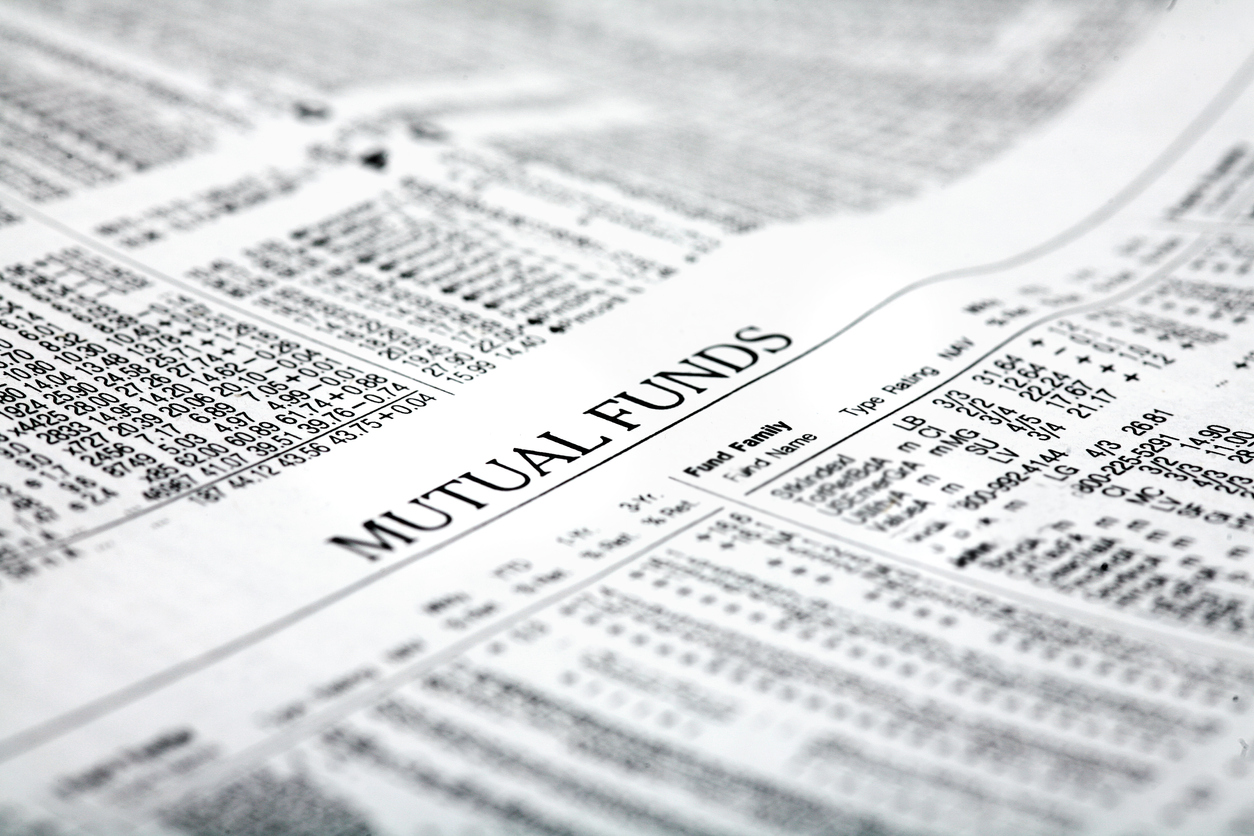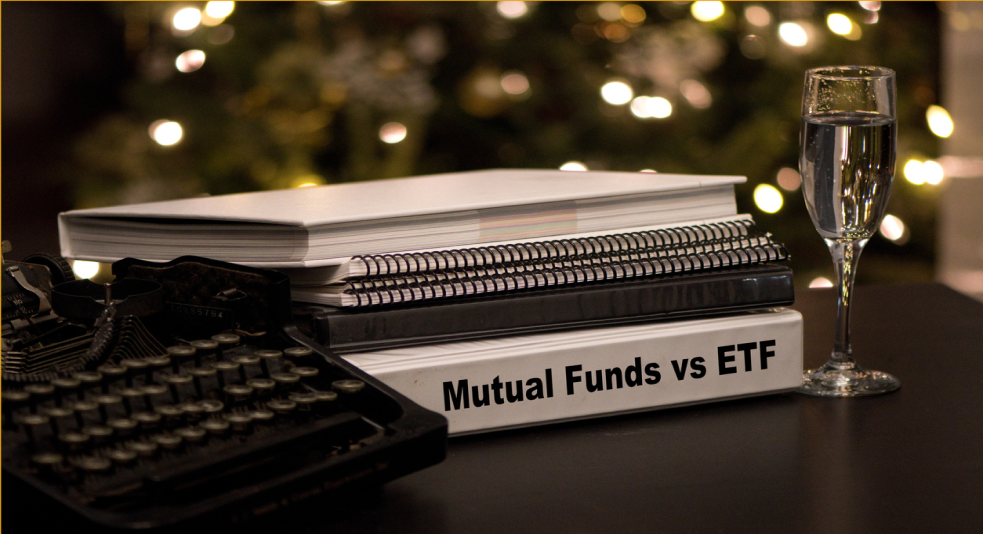
What’s the Difference Between Passively Managed and Actively Managed Funds?
If you’re investing in, say, an IRA, you’ll need to know the difference between passively and actively managed funds because most of the fund choices you’ll see will fall under one of two categories.
Let’s start with the latter. An actively managed fund is exactly what it sounds like: A fund where a manager takes an active role in selecting which securities to buy or sell, and when.
Different managers have varying styles and philosophies. For example, some may specialize in finding companies they believe are undervalued, which means they can be bought at what is believed to be a good price.
Others may try to find companies they think are likely to grow by a significant amount. Some managers may specialize in certain industries or market sectors. You get the idea. Either way, with active management, you are paying for one of two things:
• The possibility that the fund will “outperform” the market. This means the fund could do better over a specified period than a benchmark index – like the S&P 500 – that it measures against.
• The possibility that the manager will be able to protect you against undue risk or limit losses during times of market volatility. (Note that this idea more generally fits the purpose of hedge funds than the standard mutual funds you’ll usually see in your IRA or company 401(k). We’ll cover these types of funds next month!)
The possibility of outperforming the market comes with some tradeoffs, however:
• Actively-managed funds often come with more – and higher – fees than passively managed funds. That’s because the manager must charge for his or her services.
• While it’s possible for a manager to outperform, it’s also possible to “underperform.” When that happens, you are essentially paying more for less.
Now, let’s look at passively managed funds. Here, there are no “active” or research-based management decisions to the buying or selling of holdings. Instead, the fund invests in a specifically designed portfolio and then stays put. The fund may “rebalance” at some other set time frame, often quarterly or annually. This is to reset to its original objective or to match its index better. Otherwise, everything is held for the long term.
These days, many passive funds are index funds. This is when the fund’s portfolio is built to try to match a target index, like the S&P 500. So, if you essentially want to replicate a broader stock market, again like the S&P 500, index funds could be the way to go.
Passive funds come with the following advantages:
• Typically, much lower cost, especially with index funds. Because there’s nobody actively picking stocks, the fund could come with fewer expenses, and thus, lower fees.
• However the target index performs, with occasional variances, that’s how you’re likely to perform, too. Given that indices like the S&P 500 have historically risen in value over the long term, that could make index funds a good option for those who want to invest and forget it for a long period of time.
On the other hand…
• There’s little chance of outperforming the market. That’s an issue if you need more aggressive returns. In addition, index funds come with no specific protection against extreme volatility.
Note that when you make your selections in a 401(k) or IRA, you can tell whether a fund is active or passive by reading its summary. (More on that in a future letter.) I should also note that passive vs active doesn’t have to be a binary choice. Many investors take advantage of both options in their portfolio!
Let Hennion & Walsh Offer a Second Opinion
Curious to learn more? Our unmatched client experience will give you peace of mind. Just as you may seek a second opinion about your health, we believe successful investors can gain value and peace of mind by getting a second opinion on their financial health. So, whether you’re worried about today’s uncertain economic environment or looking for increased peace of mind, we can help. Get a complimentary second opinion on all your retirement accounts not held at Hennion & Walsh today!
Hennion & Walsh Experience
We have investment professionals, planners and portfolio managers that can collectively analyze your situation through the lens of their respective disciplines. Each member brings valuable insights to apply to your situation. Whether you are looking for income strategy guidance or growth strategy guidance, a second opinion of all your retirement accounts not currently held at Hennion & Walsh could be beneficial to your financial health.
Disclosures:
Hennion & Walsh Asset Management currently has allocations within its managed money program, and Hennion & Walsh currently has allocations within certain SmartTrust® Unit Investment Trusts (UITs) consistent with several of the portfolio management ideas for consideration cited above.
Past performance does not guarantee future results. We have taken this information from sources that we believe to be reliable and accurate. Hennion and Walsh cannot guarantee the accuracy of said information and cannot be held liable. You cannot invest directly in an index. Diversification can help mitigate the risk and volatility in your portfolio but does not ensure a profit or guarantee against a loss.



